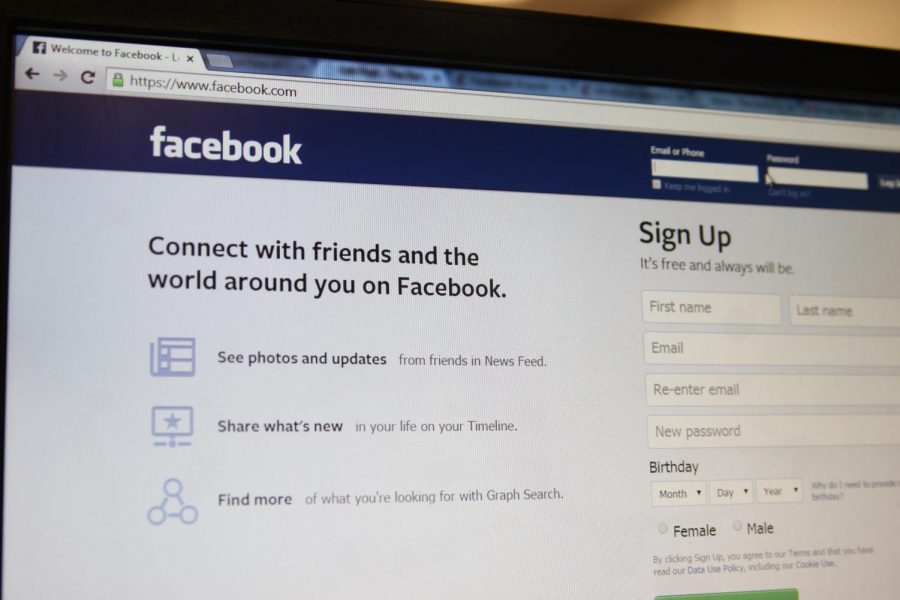Last week, Facebook CEO Mark Zuckerberg testified before Congress, where he spoke about the company’s past behavior of harvesting users’ information and sharing it with the data company Cambridge Analytica, an “upstart voter-profiling company.” As many as 87 million people were affected by the information that was shared. Time Magazine reported that “the firm had relied on a Facebook personality quiz to access the private data of nearly 90 million of the site’s users, precipitating a controversy over Facebook’s privacy policies.” Over the past month, we have learned of the extensive relationship that Cambridge Analytica had with the Trump campaign.
Spanning over 10 hours of testimony and two days of questioning before members of the Senate Commerce and Judiciary Committees, Zuckerberg was grilled by Senators about Facebook’s activities. However, while it is easy to blame Zuckerberg for not doing enough to protect the data of millions of users from companies that may exploit that data, it is worth asking why so many people are surprised. Facebook is a social media platform that markets the information it has to advertising companies. That is how the company makes money. Therefore, the notion that people are upset that their information is being used by Facebook or companies associated with Facebook is faulty at best. Secondly, since when does a reasonable expectation of privacy exist regarding information published on a public forum? No one forces users to put information out there and no one is forced to use any social media platform. These are socially constructed obligations, involving conscious choices from the consumer. It is up to us to look at the broader picture.
This is almost akin to ignoring the terms and conditions contract for iTunes and clicking “accept” instead. While Apple not only expects but knows that the vast majority of people don’t skim, let alone read, the terms they agree to, are you really going to blame the company for providing an insufficient warning regarding the program for which you are signing up? On Facebook’s website, under the section “Sharing your Content and Information” it reads, “For content that is covered by intellectual property rights, like photos and videos (IP content), you specifically give us the following permission, subject to your privacy and application settings: you grant us a non-exclusive, transferable, sub-licensable, royalty-free, worldwide license to use any IP content that you post on or in connection with Facebook (IP License). This IP License ends when you delete your IP content or your account unless your content has been shared with others, and they have not deleted it.”
I didn’t read Facebook’s terms of service agreement before signing up almost a decade ago. I just choose not to be surprised at what Facebook does with my information. However, the last sentence in the above paragraph does raise an alarming question. If the original user deletes the IP content before it is shared, then it goes away. But if it is shared, then the content is not fully deleted. I assume this means sharing among users, but what if it is also referring to company sharing? Such language is perhaps purposefully ambiguous. Facebook could have done a better job of clarifying its plans regarding user information. But, then again, Congress could also have done better in its questioning of Zuckerberg.
During the questioning, Senator Orrin Hatch asked if Facebook intends to remain a free service. Zuckerberg responded by saying that “there will always be a version of Facebook that is free.” But Senator Hatch was apparently unaware of how Facebook would be able to do that. “How do you sustain a business model where users don’t pay for your service?” he asked. “Senator, we run ads,” Zuckerberg responded. Perhaps it is ironic that the chairman of the Senate Finance Committee is clueless about how Facebook turns a profit. Senator Ted Cruz was rather hard in his questioning, recalling specific examples of Facebook suppressing political speech from certain conservative groups. While this might be true, with Zuckerberg acknowledging the liberal culture of Silicon Valley while also defending the company for its apolitical practices, it does not explain Facebook’s supposed decision to help elect Donald Trump. Perhaps we should fault Cruz for asking such questions, since hepaid the company nearly$6 million to help his campaign with data-driven advertising.
Of course, Facebook cares more about money than it does political elections or its users that vote in them. Zuckerberg made nearly $3 billion in Facebook stock during his time on Capitol Hill. But Facebook users can’t have it both ways. They can’t expect to build a social media presence that is not at the expense of their own privacy. During the testimony, it was reported that close to 10 percent of Facebook’s users deleted their accounts. The “Delete Facebook” movement started to stall as it began. But those users, more than anyone else, should know by now that the act of deleting your account doesn’t necessarily make the information go away.
Isaac Simon is a Collegian columnist and can be reached at [email protected].




















John aimo • Apr 19, 2018 at 1:22 am
If a person was intelligent and sophisticated with technology they would realize that Facebook violates the eula, violates it’s users settings, does not disclose all of its practices and spies on non-users through website plugins and also through apps regardless if the person log ins with a Facebook account.
Mark zuckerburg famously said in a released chat which he never denied that users of his site are f**** stupid and he was right. Facebook exploits the people who are foolish enough to give them their information.
So I guess the author has a point, since they were dumb enough to be manipulated.. they deserve it.